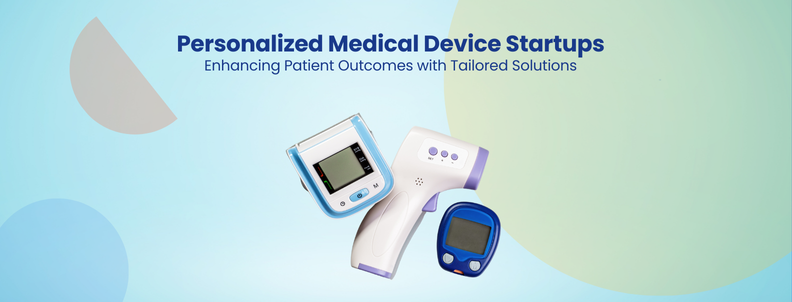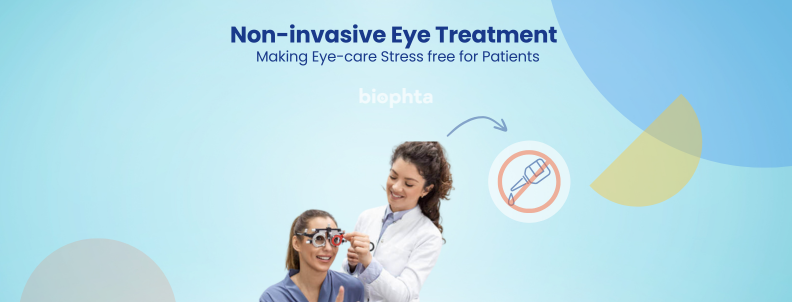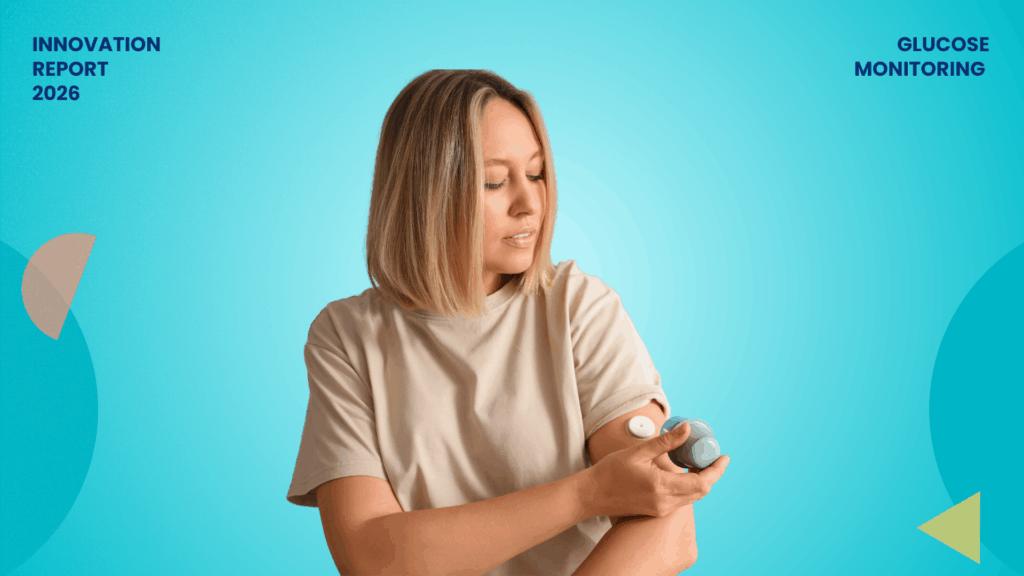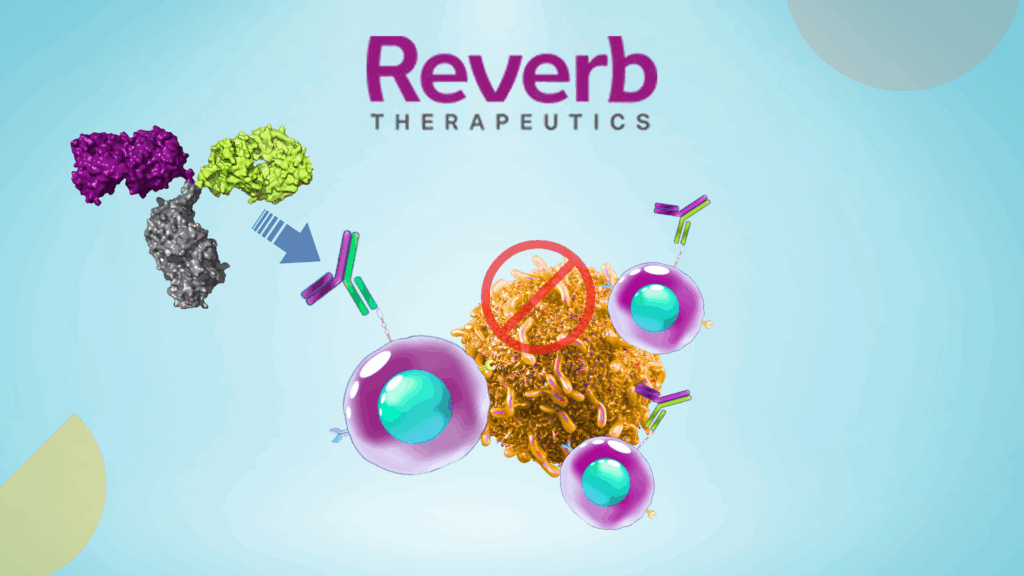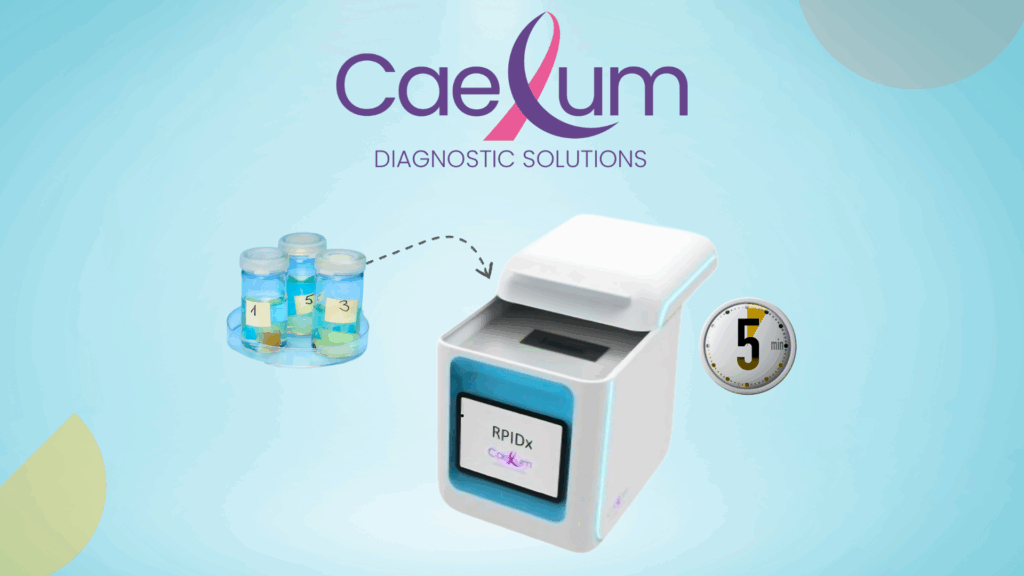The medical industry faces several challenges that can be addressed by nanotechnology. Traditional methods often result in therapeutics distributed throughout the body, not just the target site. This leads to reduced efficacy and potential side effects. Furthermore, current diagnostic methods can be invasive and expensive, and may not detect diseases until they have progressed to a late stage.
Nanomedicines, on the other hand, encapsulate therapeutic compounds in submicrometer-sized carriers, allowing more efficient delivery to the target site. They enhance therapeutic efficacy and minimize accumulation in healthy body sites to reduce toxicity.
Nanoencapsulation can also protect therapeutics from degradation in biological environments and provide solubilization. Nanotechnology can contribute to developing rapid diagnostic tests and more precise imaging techniques for disease diagnosis.
This article discusses five innovative startups implementing nanotechnology in medical devices in 2025.
Interested in knowing how the healthcare industry is changing with digital technologies like data analytics, AI, and connectivity technologies, and what new trends are shaping it. Our exclusive report on digital healthcare covers this and more details about innovations, startups, and companies.
Fill out the form below to get your copy of this report delivered to your inbox:

1. Nanotransfer
| Founding Year | 2021 |
| Headquarters | California, United States |
| Total Funding Amount | $200K |
| Last Funding Round/Amount | Pre-Seed/$200K |
| Website | https://www.gridexponential.com/startups/nanotransfer |
Nanotransfer is a biotechnology startup that develops nanotechnology-based gene delivery systems. Their main product is a ready-to-use, biocompatible, and efficient delivery system for gene therapy.
Their delivery systems can transport different types of nucleic acids to treat genetic disorders and abnormalities. Their therapies are non-immunogenic and safe. This versatility makes them ideal for delivering a wide range of genetic material to cells, setting Nanotransfer apart from other startups in the industry.
Its CEO, Carla Giacomelli, has a strong background in interfacial physical chemistry, nano-science, and biophysics. She holds a Ph.D. in chemistry from the National University of Cordoba.
Nanotransfer has raised a total of $200K in funding. This was a Pre-Seed round raised on Dec 25, 2021.
We spoke with Carla Giacomelli, the CEO of NanoTransfer Bio, to gain detailed insights into its Nano vehicle Technology.
This interview is part of GreyB’s Scouted series. In this series, we spotlight innovative startups and speak to their founders about how their solutions can revolutionize the industry by solving problems. You can find all those interviews here.
2. OncoRevive
| Founding Year | 2023 |
| Headquarters | Brunswick, Australia |
| Total Funding Amount | $144K |
| Last Funding Round/Amount | Seed/$144K |
| Website | linkedin.com/company/oncorevive |
OncoRevive develops a nanotechnology-based liquid biopsy designed to identify cancer at its early stages. The startup’s platform offers cancer-detection options by examining protein, gene, and glycan biomarkers.
This enables health practitioners to get an accurate and comprehensive analysis of tumor biology for personalized medicine.
OncoRevive has raised a total of A$225K in funding. This was a Pre-Seed round raised on Nov 17, 2023.
We spoke to Samira Sadeghi, the founder of OncoRevive, to understand the company’s approach and its potential implications for the industry. Here’s the complete interview:
3. DNA Nanobots
| Founding Year | 2021 |
| Headquarters | Ohio, United States |
| Total Funding Amount | Not available |
| Last Funding Round/Amount | Not available |
| Website | dnananobots.com |
DNA Nanobots is a biotech startup that develops DNA-based nanodevices (nanobots) for biomedical applications. It specializes in crafting targeted therapeutics delivery using its DNA nanoparticle platform.
The startup uses its IP to create products for targeted chemotherapies, vaccines, point-of-care diagnostics, and functionalized gene delivery. They even offer consultation to other companies to assemble complex and highly precise DNA nanobots.
Its CEO, Jeff Spitzner, has 20 years of experience as a founder and executive of nine life sciences and biotechnology startups. He has a Ph.D. in molecular genetics from Ohio State University.
DNA Nanobots has raised funding from a pre-seed round on Jan 24, 2024. The amount is undisclosed.
Related Read
4. Avisi Technologies
| Founding Year | 2017 |
| Headquarters | California, United States |
| Total Funding Amount | $7.5M |
| Last Funding Round/Amount | Seed/$4.06M |
| Website | avisitech.com |
Avisi Technologies develops a nanotechnology-enabled ocular implant to stop blindness in glaucoma patients. Its main product is VisiPlate, an aqueous shunt designed to treat glaucoma. VisiPlate lowers intraocular pressure in patients with open-angle glaucoma. It is 20 times thinner than human hair and made of alumina, making it long-lasting and decreasing procedure time.
This approach helps remove excess fluid inside the eye, relieving high pressures that damage the optic nerve and cause open-angle glaucoma.
Its CEO, Rui Jing, is an economics graduate from The Wharton School. She has seven years of entrepreneurial experience with startups.
Avisi Technologies has raised a total of $10.2M in funding. Their latest funding came from a Seed round on October 1, 2023.
Related Read

5. Nanoligent
| Founding Year | 2017 |
| Headquarters | Barcelona, Spain |
| Total Funding Amount | €2.8M |
| Last Funding Round/Amount | Seed round/€1.8M |
| Website | www.nanoligent.com |
Nanoligent is a biotech startup that is dedicated to drug design and the development of targeted therapeutic biologics.
Its technology allows the design of new proteins organized as nanoparticles, capable of targeting specific biological systems. This protein architecture is highly stable upon administration in living cells, allowing long-lasting systemic circulation and site-specific drug delivery.

These proteins can self-assemble and form nanoparticles that avoid kidney clearance, thereby delivering the desired payload selectively. For instance, this technique can transport a chemotherapeutic drug, release it only to cancer cells, and reduce collateral damage to the patient.
Montserrat Cano Biosca, CEO of Nanoligent, has extensive experience in the Biotech and Pharma sector. She has worked on several preclinical and clinical projects during the last 20 years.
Nanoligent has raised a total of €2.8M in funding. Their latest funding came from a Seed round on September 27, 2022.
Partner with cutting-edge startups to tackle your industry’s toughest challenges and stay on top of the competition.
Learn how GreyB can help you discover similar ventures that perfectly fit your needs.
How Can We Help You?
We support industry-leading R&D and Innovation professionals through complex problems. Describe your challenge, and let us bring clarity and expertise.




